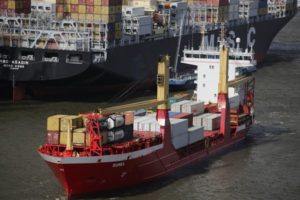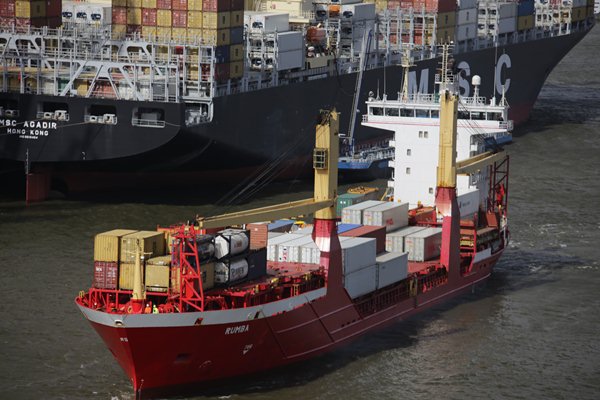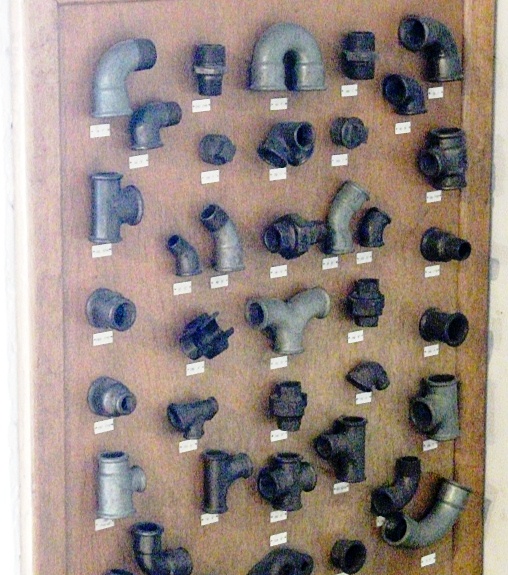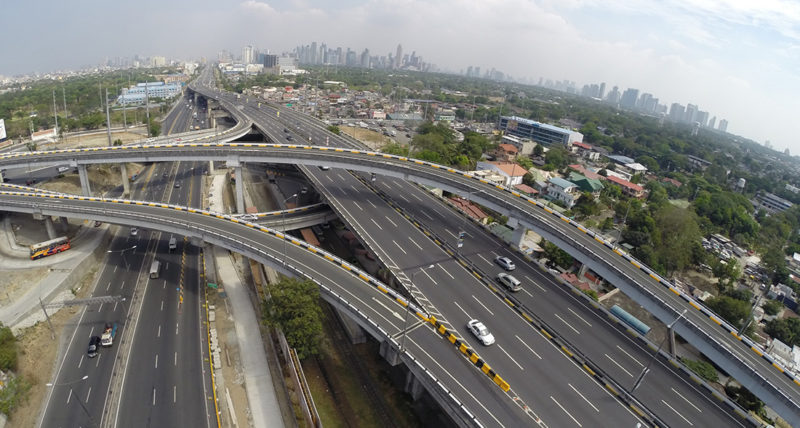
BIMCO in a release on December 13 said it welcomes the recognition by the European Commission (EC) that climate change is a global issue that requires mobilization of partners internationally.
BIMCO said that the introduction to The European Green Deal, published on December 11, 2019 by the EC, highlights that “the environmental ambitions of the Green Deal will not be achieved by Europe acting alone.”
“BIMCO fully agrees with this, especially when it comes to climate actions for international shipping,” the council said.
The European Green Deal is an important policy document outlining many elements which may contribute to decarbonization of society. It includes initiatives concerning all sectors of society, including international shipping.
BIMCO, however, expressed misgivings about international shipping being included in the Green Deal.
“While BIMCO recognise the intentions of the EC to coordinate actions at the global level at the International Maritime Organization (IMO), BIMCO is however concerned by the intent to include international shipping in the European Emissions Trading Scheme (ETS),” it said.
“If a market-based measure were to be considered for international shipping, it should be at the global level at IMO, and other more appropriate options than ETS should be considered—such as a levy on carbon emissions.”
With the ETS, the European Union aims to create a market mechanism that determines a price for CO2 emissions and creates incentives to reduce emissions in the most cost-effective manner.
Under the system, companies have to hold allowances corresponding to their CO2 emissions, making power production from burning coal and other fossil fuels more expensive and clean power sources more attractive. At the same time, firms are incentivized to become more energy efficient because they can then sell their emissions permits on the secondary market.
BIMCO also observed that taxation of fossil-based marine fuels is listed in the Green Deal document as an area which needs to be looked at.
“BIMCO notes that there are very practical reasons for not taxing such fuels, as ships would simply bunker outside the EU,” the council commented.
It added that taxation of shipping and its services is “a delicate matter which has been dealt with for decades by states all over the world bilaterally, including the EU member states, using the OECD model convention.”
BIMCO concluded that it looks forward to continuing the work to decarbonize international shipping at the IMO with the European Commission, the EU member states and all the other member states.
Photo by Bernd Dittrich on Unsplash









